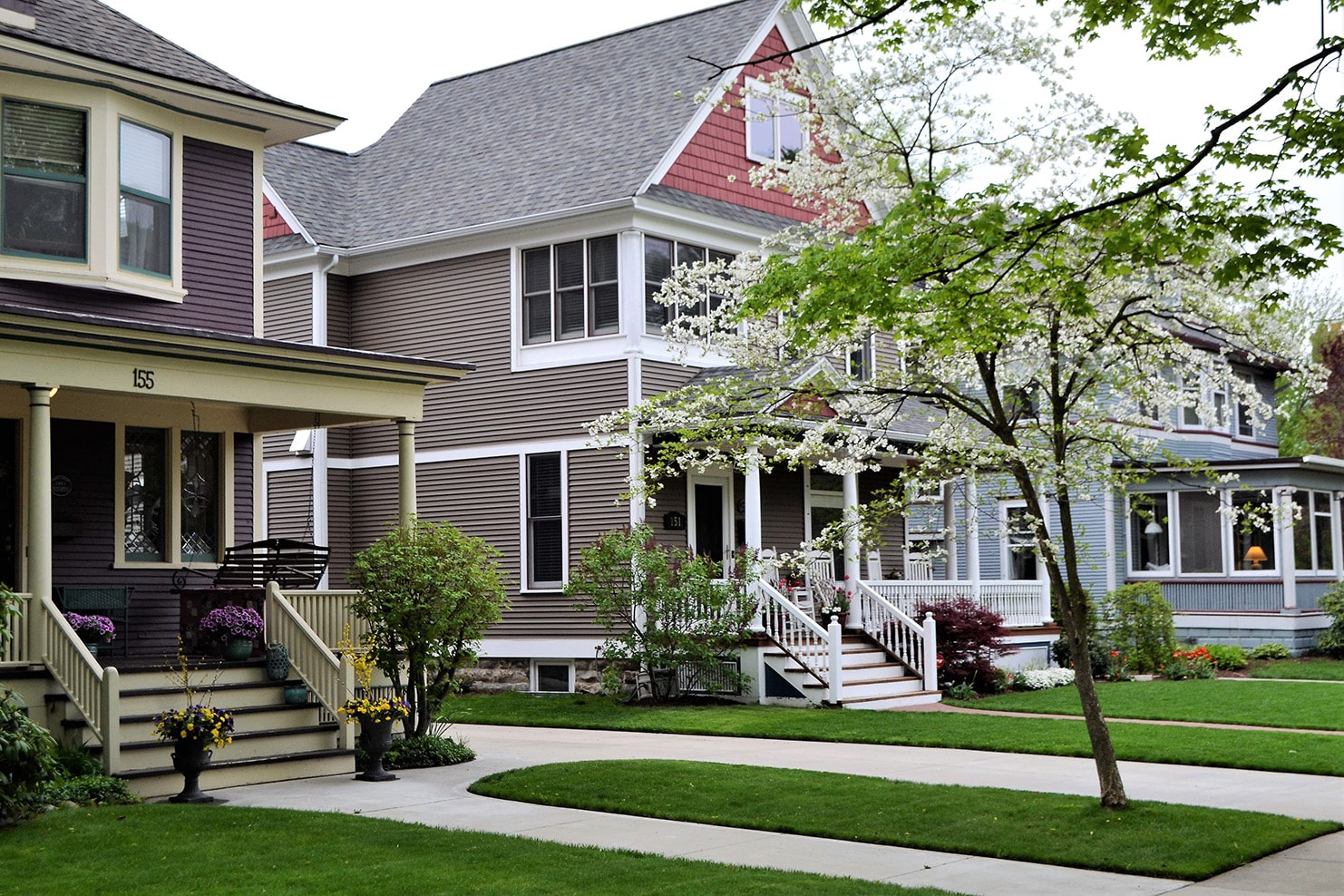When you invest in renovations or build a new home, your property taxes may go up. The City of Cincinnati’s Residential Tax Abatement (RTA) allows owners to pay taxes on the pre-improvement value of their property for 10-15 years.
RTAs are available for both building new homes and renovating existing properties. Property tax abatement is available for any increased valuation, as determined by the Hamilton County Auditor, that results from improvements to the property for new construction and renovation. In short, a residential tax abatement eliminates property tax on new value added to a property for a set amount of time.
Only taxes for new value are abated. Here are some hypothetical examples of how it works.
For new construction:
- An empty lot is worth $100,000.
- Someone builds a new home worth $200,000 on the lot; that entire amount is considered new value and is eligible for a tax abatement.
- The homeowner will continue to pay property taxes on the lot’s original value ($100,000), but won’t pay any additional taxes for up to 15 years (depending on whether certain environmental construction benchmarks are met).
- When the term is up, the property owner will pay taxes on the full worth (original value and new value) at whatever tax rate is in place at that time.
For remodel:
- An existing home is worth $250,000.
- Remodeling makes the home worth a total $400,000; of that, $150,000 is considered “new value” and is eligible for a tax abatement.
- The homeowner will continue to pay property taxes on the original value ($250,000), but won’t pay any additional taxes for up to 15 years (depending on whether certain environmental construction benchmarks are met).
- When the abatement term is up, the property owner will pay taxes on the full worth (original value and new value) at whatever tax rate is in place at that time.
The tax abatement program is for housing with up to four units and is most commonly used for single-family homes. The property owner applies for the abatement. Tax abatement benefits stay with the property the entire length of the abatement and transfer to any new property owner within the approved time period.
State law requires an investment of at least $2,500 for homes with one or two units, and at least $5,000 for all others. City officials cannot allow tax abatements if the cost of improving the property was less than these minimums. That means home renovation costing less than those minimums do not qualify for an abatement, even if they add value.
State law also requires a maximum abatement term of 15 years. City officials can offer abatements for shorter periods of time, but cannot offer abatements for longer than 15 years.
Abatement terms commence as soon as the new improvements have been assessed by the Hamilton County Auditor, either partially or fully.
Applications should be submitted once the project is complete, and all permits are closed.
Prior to submitting an online application, prepare the appropriate documentation supporting the cost of construction as outlined in Section 3(B) of the Program Rules and Regulations. Additionally, one must complete an “Affidavit of Improvement Costs and Expenditures” document. The aforementioned document must be notarized prior to submission.
Applications should be submitted with a $250 application fee.
For questions about Residential Tax Abatements, please email ResTaxAbatement@cincinnati-oh.gov.


